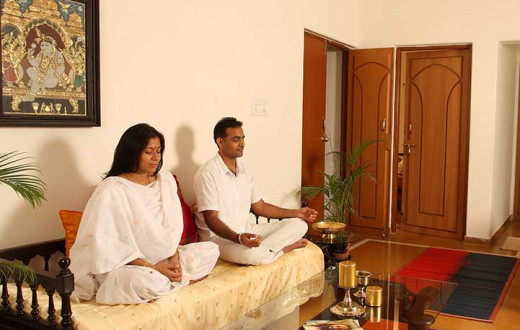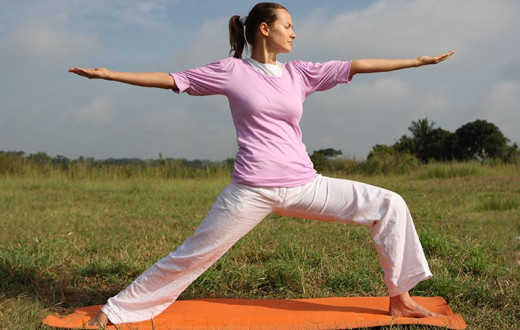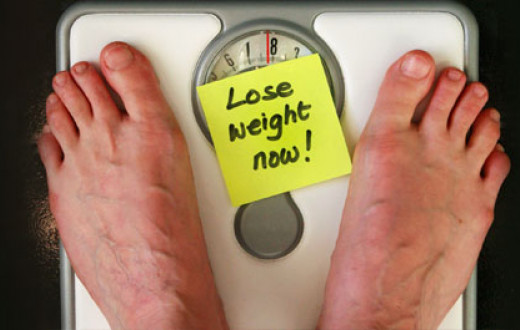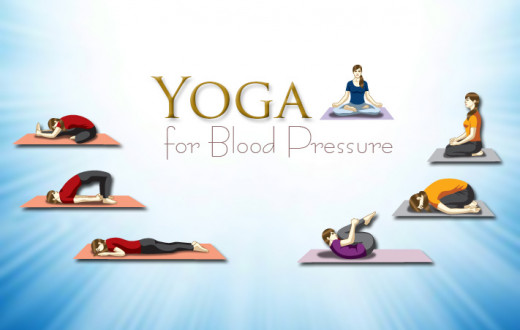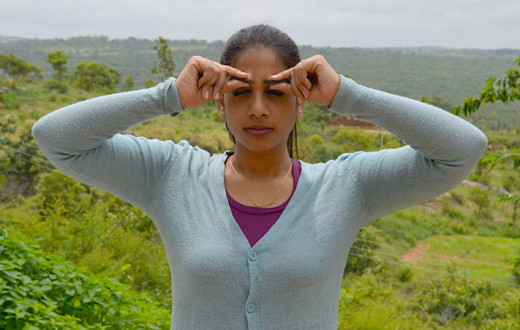By Pavithra Devanira | Posted: September 25, 2018
One evening, back in 2011, as I was getting back home from work, I blacked out near the elevator of my apartment. I was woken up a few minutes later, uninjured, by a little kid who nudged me to ask if I was doing ok and if I needed some water. I regained my consciousness, drank some water, and went to see the doctor the very next day. I was told that I had collapsed due to lack of sleep and fatigue.
A friend of mine dislocated his jaw due to excessive yawning, and had a blackout due to his sleep deprivation. A coworker has sleep apnea, and had to undergo surgery for partial relief. Arianna Huffington, the co-founder and editor-in-chief of The Huffington Post, collapsed due to fatigue, hit her face on the desk, toppled over and broke her cheekbone, all because of her exhaustion. These are just a few examples among so many others.
All of the above boils down to “burnout”, which is essentially a “lifestyle disease”, or, as the Belgian philosopher Pascal Chabot called it, “Civilization’s disease.” My burnout was a reminder of the basic mismatch of how my lifestyle was supposed to be contrasted to what I was doing. My body clock, food habits, and exercise regime were out of whack. This essentially was a result of a carefree and unaware lifestyle that seemed perfect on the outside, but was working its way out internally, unseen to anyone, least of all to myself.
Ayurveda has a beautiful categorization of the 3 constituencies of the body—vata, pitta, and kapha, which are identified by Ayurveda pulse reading . Sleep is an underlying factor associated with all three body constituencies to balance one’s system. I often hear corporate corridor conversations about how many hours of sleep an individual attained. It always seems that the person with the least number of hours of sleep wins the take-home trophy in the conversation.
In the present age, getting a full night's rest is hard. With the growing demands of a plush lifestyle, making ends meet, or living a basic life of work and family, technology entices us with sparkling screens that lead us into believing that we are hyper-connected to everyone else in the world but ourselves.
Science has proved that sleep is valuable time spent for the brain to rejuvenate and for the cells to repair themselves. The right amount of sleep greatly enhances the quality of time spent when we are awake.
Sleep disorders can range from:
- Insomnia – a condition where the person finds it impossible to fall asleep, often due to anxiety and inexplicable stress.
- Restless leg syndrome – a condition where the person is uncomfortable and restless throughout his/her sleep cycle.
- Sleep Apnea – a condition where there are interruptions to sleep, making it impossible to go into a deep sleep and resulting in chronic snoring.
Sleeping disorders have been linked to depression, weight gain, heart failures, and a reduction in life expectancy. So how do we master sleep to get our minimum of 8 hours?
- Incorporate a lifestyle that respects your body clock to rise early and go to bed early.
- Integrate yoga in your life and have a balanced day so your body looks forward to sleeping the minute your head hits the pillow. Try this yoga routine to help you to calm down and fall asleep fast. You could also enroll for a yoga class near you.
- Refrain from using all gadgets at least 2 hours before your scheduled bedtime.
- Eat right throughout the day with these healthy recipes. Preferably, eat breakfast like a king, lunch like a prince, and dinner like a pauper.
- Cut out caffeine at least 8 hours before you go to bed.
- Practice mindfulness and deep breathing and meditation to calm your system.
In conclusion, a life well spent is worth a million dollars, and is so much more fulfilling than a life spent splurging a million dollars to fix your life. We are gifted with the ability to sleep and rejuvenate, and one must utilize this wisely.
This content is not intended to be substitute for professional medical advice, diagnosis or treatment. Always seek the advice of your physician or other qualified health provider with any questions you may have regarding a medical condition.
By Pavithra Devanira, IT professional, Art of Living Volunteer, Seeker, Believer, Yogi, Meditator & Minimalist





















